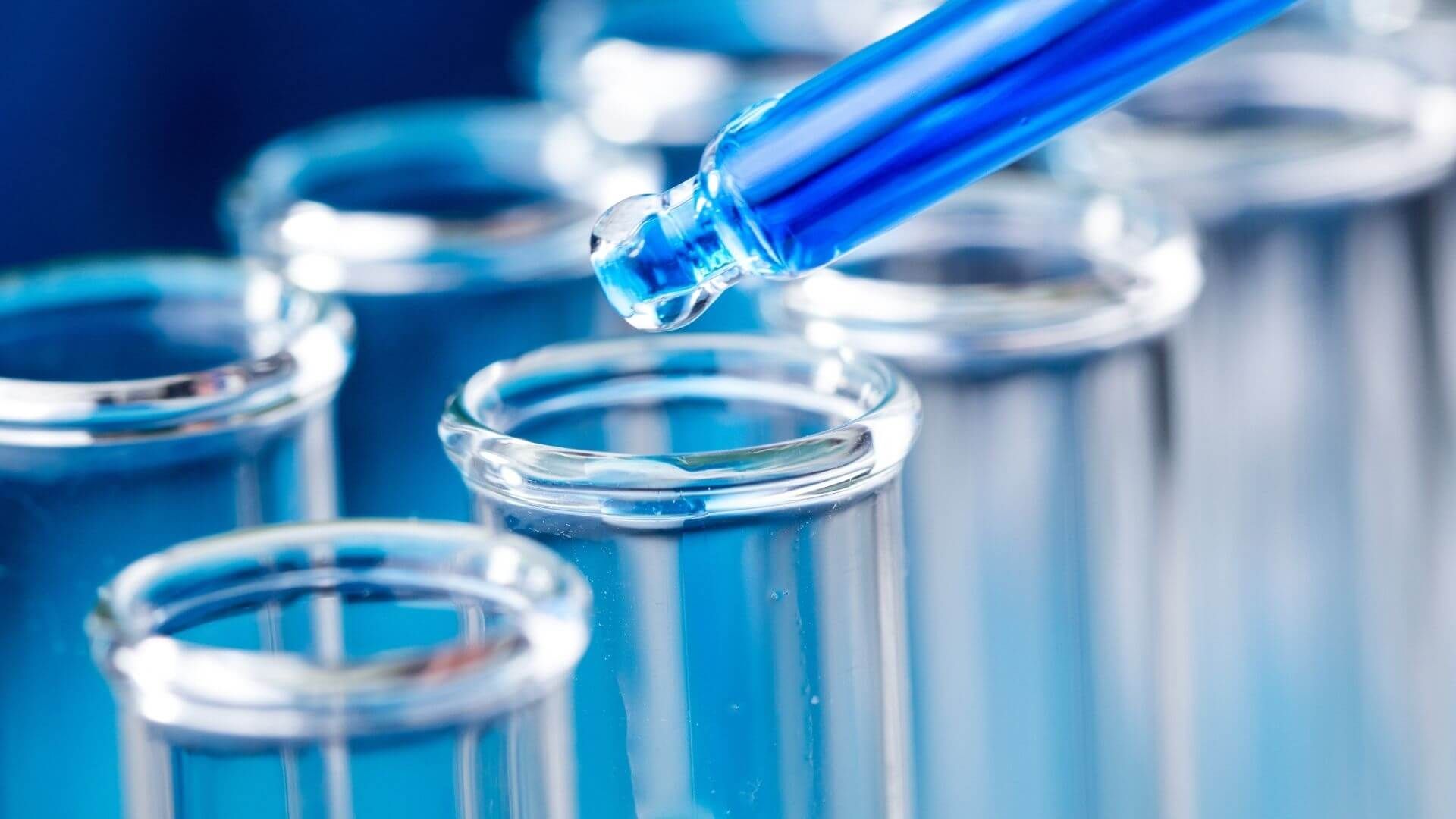
Does Alcohol Show Up on a Drug Test?
If you’re an employer or human resources (HR) professional who is planning a workplace drug testing program, or if you’re an individual employee or owner-operator, you should know what drug test panels can detect. There are multiple types of drug tests, including varying types of alcohol tests. The answer to the question, “Does alcohol show up on a drug test?” isn’t universal, as it depends on the type of test the individual is undergoing.
Taking a Look at DOT Drug and Alcohol Tests
The Department of Transportation (DOT) requires a five-panel drug test that can detect marijuana, cocaine, opiates, amphetamines and methamphetamines, and phencyclidine (PCP). Although this standard drug test does not check for alcohol, employees who perform safety-sensitive functions are also required to submit to an alcohol test. So, essentially, yes, DOT-regulated workers do need to be mindful that they can be tested for alcohol use.
Understanding the Types of Alcohol Tests
Many people are familiar with alcohol breath tests, as police officers frequently use these during traffic stops. An alcohol breath test can detect the presence of alcohol for up to 24 hours after consumption. Urine tests are also commonly used. These can detect the presence of alcohol for 10 to 12 hours after consumption. Other types of alcohol tests include blood (alcohol detectable for up to 12 hours), saliva (alcohol detectable for one to five days), and hair tests (alcohol detectable for up to 90 days).
Consuming Alcohol When Off-Duty
Note that although some of these alcohol tests are quite sensitive and can detect alcohol for a long time after its consumption, this doesn’t necessarily spell problems for an employee. It’s not a violation of regulations for employees 21 years and older to consume alcohol when off duty and outside a certain window of time before going on duty. These rules vary according to DOT modes. For instance, a Federal Aviation Administration (FAA)-regulated pilot cannot consume any alcohol for eight hours prior to going on duty. This eight-hour “from bottle to throttle” rule is the minimum; the FAA recommends a full 24 hours between drinking and going on duty.
Similarly, the Federal Motor Carrier Safety Administration (FMCSA) prohibits commercial drivers from drinking within four hours of going on duty. “Going on duty” includes wait times at loading docks, truck inspections and maintenance duties, and cargo loading and unloading—not just driving.
Still not sure about the answer to the question, “Does alcohol show up on a drug test?” Contact AZC Drug Testing for more information.